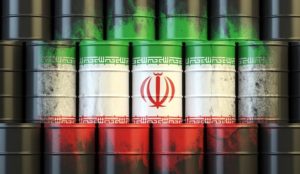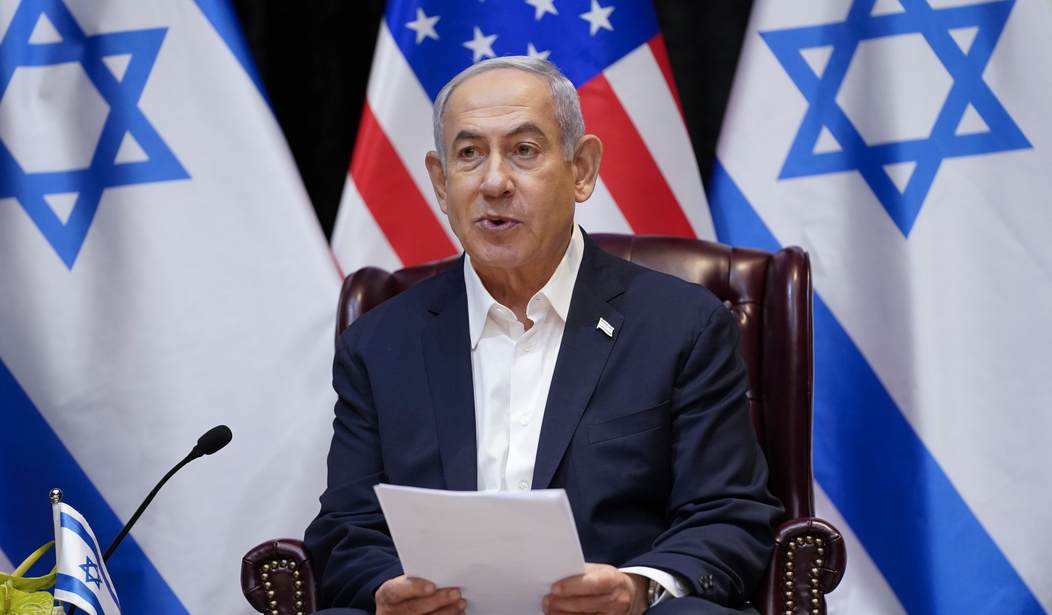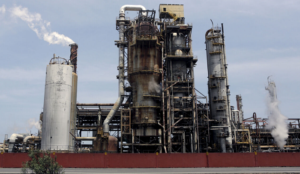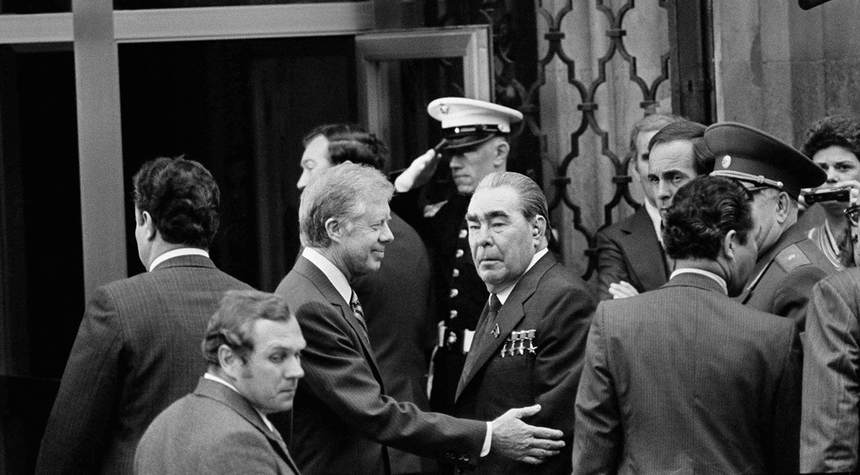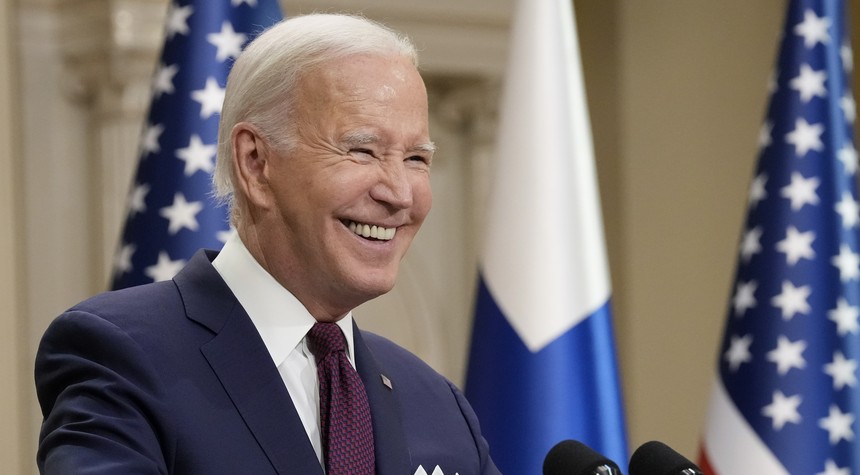The failure of the mainstream media to report adequately about this elaborate multi-million-dollar scheme “to fund Islamic terrorism through the violation of U.S. sanctions and the trafficking of Iranian oil” is another demonstration of how regularly the most important news stories are being ignored and concealed. As the article below points out, “no U.S. agency or news outlet has released any photographs of the alleged terrorists.” Why protect them?
The promotion of woke indoctrination has become the focus of primetime news features, while stories involving national security and the defense of Western traditions and freedoms are largely underreported, inadequately reported or relegated to a minor file. The article below points out that Iranian oil is a major funding source for Iran’s Islamic Revolutionary Guard Corps. This in itself demonstrates that this story should be headline news, with photos of the two people who have been charged. Reuters did manage to report that the charges were “linked to a billion-dollar oil trafficking network that it says finances Iran’s elite Islamic Revolutionary Guard Corps (IRGC) and other militant groups.”
Add in the entire network of terrorism funding streams via Muslim Brotherhood-connected sources, and one can see that America and other globalist Western countries have become lucrative bases of activity for powerful terror networks. This, combined with open borders, is quickly leading to the demise of the West. Yet none of this gets discussed in mainstream news outlets.
“U.S. Charges Two Foreign Nationals for Trafficking Iranian Oil to Fund Islamic Terrorism,” by Amy Mek, RAIR Foundation, February 25, 2024:
Curiously, despite the high-profile nature of this case and the serious charges levied against Shaoyun Wang and Mahmood Rashid Amur Al Habsi, it appears no U.S. agency or news outlet has released any photographs of the alleged terrorists.
In a striking demonstration of the ongoing challenges facing the United States in keeping terrorists at bay, a joint operation by Homeland Security Investigations (HSI) Washington, D.C., and the FBI Minneapolis has led to the indictment of two foreign nationals for their roles in a sophisticated scheme to fund Islamic terrorism through the violation of U.S. sanctions and the trafficking of Iranian oil. The operation reveals not only the intricate methods employed by individuals to operate within American borders but also underscores the persistent threat and the nation’s ongoing battle against the financing of global terrorism.
On February 2, Shaoyun Wang, 54, of China, and Mahmood Rashid Amur Al Habsi, 39, of Oman, were charged under the International Emergency Economic Powers Act and the Iranian Transactions and Sanctions Regulations, in addition to facing charges of conspiracy to commit money laundering. The duo is accused of facilitating the export of over $100 million worth of Iranian oil to Chinese government-owned refineries, with the profits intended to support the Islamic Revolutionary Guard Corps-Qods Force (IRGC-QF), a designated terrorist organization.
This case forms part of a broader effort by the Justice Department to dismantle the illicit financial networks that fuel Iran’s Islamic Revolutionary Guard Corps (IRGC) and its malign activities, as announced in a recent comprehensive enforcement action. The unsealing of three federal cases across two U.S. Attorneys’ Offices marks a significant stride in combating the trafficking of Iranian oil, which serves as a major funding source for the IRGC, a designated Foreign Terrorist Organization (FTO), and its Qods Force, Iran’s primary vehicle for supporting terrorist organizations abroad.
The enforcement actions have led to the seizure of more than $108 million and over 500,000 barrels of sanctioned fuel, significantly undercutting the financial backbone of Iran’s IRGC and its external operations wing, the IRGC-QF. This concerted effort demonstrates the U.S. government’s commitment to using every tool at its disposal to disrupt Iran’s unlawful revenue streams, highlighting the seizure as a pivotal step in curtailing the regime’s ability to finance its destabilizing activities that threaten U.S. national security and global peace……

